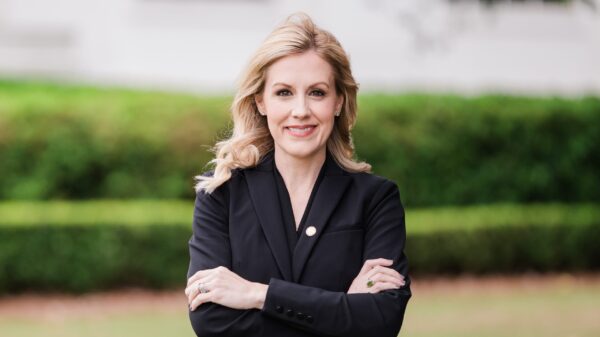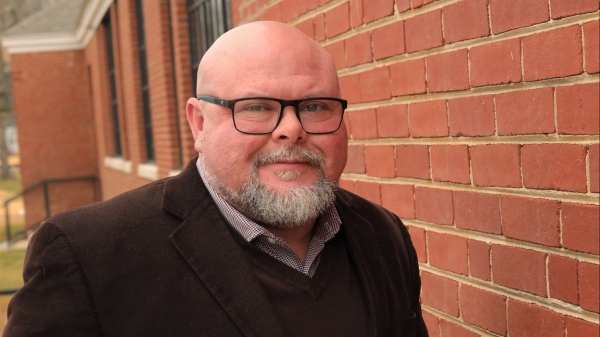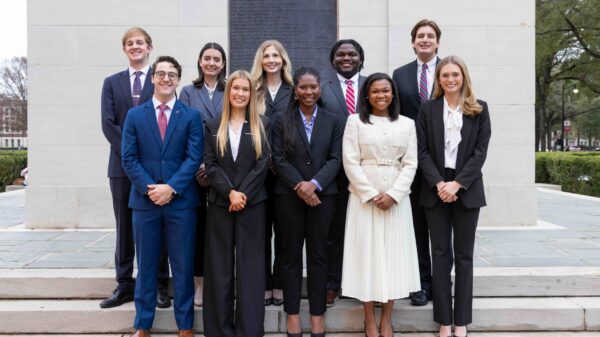By Lee Hedgepeth
Alabama Political Reporter
The Alabama House on Tuesday took up debate on four “pro-life” bills, culminating in heated debate, pumped up political rhetoric, and a long legislative day – and night.
Details about each piece of legislation can be seen here.
Much of the debate on the House floor, though, got particularly intense after Representative McClurkin, sponsor of a fetal heartbeat bill, made reference in a dialogue with other legislators to Brown v. Board of Education as being relevant to the Roe v. Wade and pro-choice versus pro-life debate.
Many members of the House, particularly those of the Black Caucus, came to the podium to make clarifications after Representative McClurkin misspoke about the ruling, which overruled Plessy v. Ferguson and the legal doctrine of separate but equal public schools.
Rep.McClurkin, R-Indian Springs, had said several times on the floor – and to the press – when asked about the constitutionality of her fetal heartbeat bill – said that challenges that could come from laws like this would be helpful, in that they may eventually provide as means for overturning Roe. She then said that Brown v. Board of Education is a similar example.
Many took serious issue with Representative McClurkin bringing a case dealing with race into the abortion debate framework at all, but the opponents’ main problem with the Brown comparison was that the Indian Springs Republican did not seem familiar with the case or the precedent it overturned.
Representative Darrio Melton, a Democrat from Selma, took to the microphone to address the issue directly.
“I hear race keeps coming up; I think you alluded to Brown versus Board of Education. Did you misspeak with that, or…?”
“We were talking about cases being overturned by the Supreme Court… and that [Brown v. Board of Education] was one that was overturned – thankfully.”
To be clear, Brown v. Board of Education has not been overturned – thankfully. Representative McClurkin was most likely trying to articulate that Plessy v. Ferguson, the earlier case establishing the separate but equal doctrine, was overturned in the Brown decision, not that the Brown decision was overturned, although she never specifically said as much while on the floor.
Video of Representative Melton’s question and Representative McClurkin’s gaffe can be seen here.
Roe v. Wade, decided in 1973, provides that the state cannot impose an “undue burden” on a woman’s choice of whether or not to terminate a pregnancy – particularly during the first trimester – and has been reaffirmed by the High Court on several occasions since, included most recently in Planned Parenthood v. Casey.
If a case did reach the Supreme Court for review, it is unlikely to be taken up, and even more unlikely to be used to overturn the Roe line of precedent.


















































